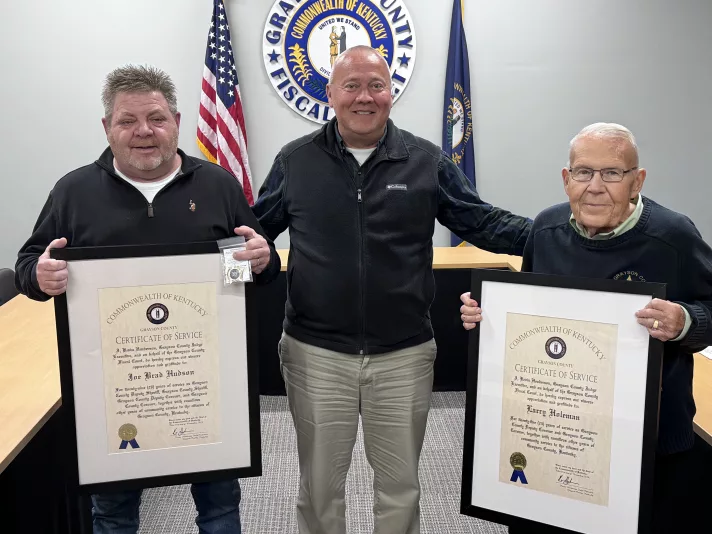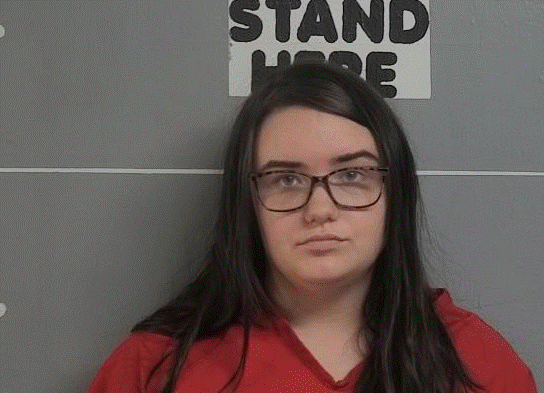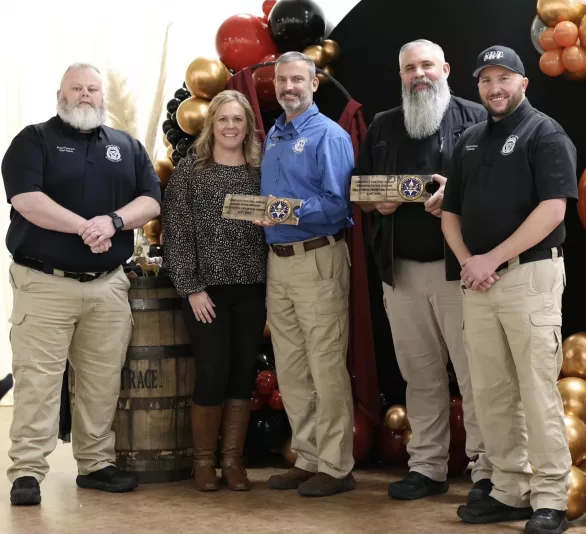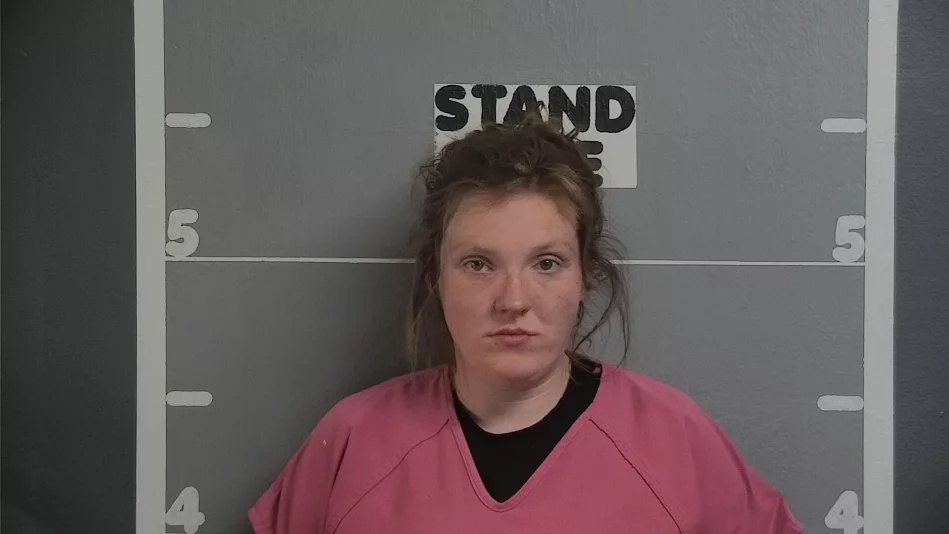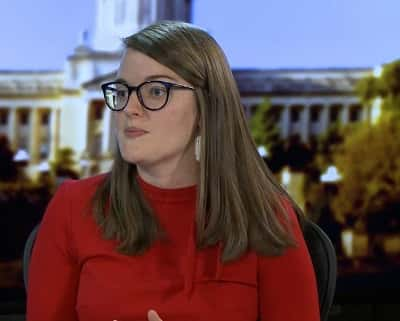
While legislative work is keeping me busy in Frankfort and around the 18th District, I also like to reflect on the many great traditions of our commonwealth.
Last week, the Kentucky State Fair kicked off its 117th year. The fair is an iconic event that has become a yearly summer tradition that thousands of Kentuckians look forward to. For 11 days, people from all over the state travel to Louisville to participate in agriculture exhibitions, enjoy live music, eat tasty food, and take in all that the state fair has to offer.
As members prepare to hold committee meetings at the fair this week, let us take a look at what we did last week. Legislators heard from a variety of stakeholders on issues like masking in schools, school-based Medicaid services, and tobacco funding and usage. I hope you will take a few moments and read these brief summaries.
Medicaid Oversight Advisory Board: The committee met to discuss a recent audit of school-based Medicaid services. The audit produced by the Office of the Inspector General (OIG) uncovered that Kentucky claimed $29.4 million in unallowable school-based Medicaid administrative costs.
The OIG recommendation for Kentucky is that it refund the $29.4 million to the federal government and enhance the policies and procedures in place. The Kentucky Department of Medicaid Services generally disagreed with the OIG’s findings.
Tobacco Settlement Agreement Fund Oversight: Members heard a report from the Kentucky Office of Agriculture Policy regarding the new approvals from the Kentucky Agricultural Development Fund. To date, this funding has approved $1,304,843 in support money that goes towards Kentucky agriculture.
These approvals include several new projects that Kentuckians can keep an eye on. We also learned an interesting fact about the contributions of our state’s agricultural industry: did you know that the flour in every McDonald’s biscuits baked east of the Mississippi is made with flour milled in Hopkinsville? So much grain is milled in Hopkinsville that it is now being called “The Batter Capital of the World.”
The committee also had presenters from Division of Conservation on the usage of Tobacco Settlement Funds. So far in fiscal year 2021, there have been requests from 1,179 individuals totaling $12,455,872.40 in support funding, with 592 individuals for $5,920,643.90 being approved so far.
Capital Planning Advisory Board: This week, the Capital Planning Advisory Board met to review agency plans to build, maintain, and renovate state facilities. Members heard from Council on Postsecondary Education, Kentucky Court of Justice, Economic Development Cabinet, and Department for Local Government.
Agencies discussed their plans outlining projects on education, information technology, flood relief grants, job creation, and Kentucky’s judicial system.
Administrative Regulations and Review: Members called a special meeting to discuss regulations to require face coverings in public schools and childcare facilities. Subcommittee members heard three hours of testimony from the public, providing many Kentuckians the first opportunity to speak either against or in favor of the regulations.
The committee ultimately decided to find the regulations deficient, citing the importance the decisions being made by local leaders closest to the people they represent who are far more accessible and accountable to those who elected them. Although this action does not strike down the regulation, it marks the regulation to be acted upon in the upcoming legislative session.
Commission on Race and Access to Opportunity: Commission members met to discuss the challenges that are currently being faced in the Kentucky education and justice systems.
Committee members heard from the Parole Board and Administrative Office of the Courts (AOC). The presenters shared that minorities comprise more than 18 percent of the state’s prison population of over 20,000 inmates; programs are already in place to close the gap in our justice system.
Also, it is worth noting that drug courts are now engaged in the forefront of fighting racial discrepancies. Drug court programs allow inmates more opportunity to live a normal life after jail time, or avoid jail time all together through a structured, disciplined 18 month programs aimed at rehabilitation.
Additionally, members heard a report from Aaron Thompson, the President of the Council on Post-Secondary education. To combat the issues we are facing in terms of these lower than average numbers, Thompson noted that we must redefine the way we look at student success, hammer on several aid programs, and increase focus on outreach and advising programs.
As always, I want to share a look back at the week, but I hope you will reach out to me for more information. I can be reached here at home anytime, or through the toll-free message line in Frankfort at 1-800-372-7181. Feel free to contact me via email at Samara.Heavrin@lrc.ky.gov. Also, feel free to watch the committee meetings on YouTube by searching “KY LRC Committee Meetings” or on Kentucky Educational Television (KET) at ket.org/legislature. KET does not cover all committee meetings, but the YouTube channel will have the meetings that KET does not. Also, visit the legislature’s website at legislature.ky.gov.
State Rep. Samara Heavrin, R-Leitchfield





